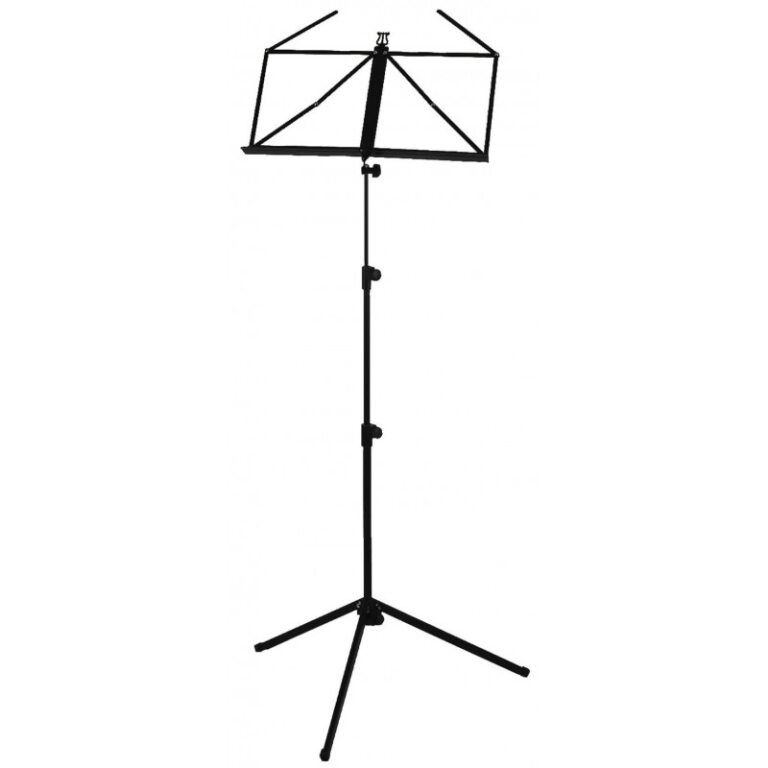Kadlinský, Felix – Spee, Friedrich von: Trutz-Nachtigall
26 Melodies with continuo accompaniment
playing score
The poet behind these gems of German Catholic lyricism was Friedrich Spee von Langenfeld. The entire collection was translated into Czech verse by his fellow brother, the Jesuit Felix Kadlinsky who gave it the delightful title "Zdoroslavicek v kratochvilnem hajicku postaveny, do kterehozto hajicku pobozna duse" casto choditi a hlasu toho libezneho slavicka poslechnouti a z neho poteseni duchovniho nabyti moci bude. [The Rival Nightingale alighted here in this restful little grove, in this grove the pious soul often will walk and listen to the voice of the pleasing nightingale, and in doing so he will be filled with spiritual comfort.]
Zdoroslavicek is a leading work of Czech Baroque poetry. As a poet, Kadlinsky is today ranked among the likes of Michna, Bridel and Comenius. PhDr. Jan Trojan, a professor of Masaryk University in Brno and an authority on early music and the folk song, arranged the original two-part melody with bass for four voices in the manner of figured bass, such that this edition respects Kadlinsky's notation, including his deviations from the German original. These passages are described in the Critical Commentary. The melodies are accompanied by both the original German text, and Kadlinsky's period poetic translation into Czech.
In the autumn of 1923, a young man produced the first music editions of his newly founded publishing house in his parents’ living room. He named his company Bärenreiter. In the spring of 1924 when Karl Vötterle came of age, he was able to register it with the German Publishers and Booksellers Association. At first, he mainly put out folk song collections, church as well as organ music including early music by Leonhard Lechner and Heinrich Schütz, at the time primarily known in specialist circles.
During the last months of the Second World War, the publishing house in Kassel was destroyed and once more a fresh beginning had to be made. With the start of the extensive German music encyclopaedia MGG – "Musik in Geschichte und Gegenwart" – as well as numerous series of scholarly-critical complete editions such as the “New Mozart Edition” and the “New Bach Edition”, the visionary founder of the publisher created the basis for the further development of Bärenreiter. The musicological editions increasingly aroused interest abroad, and Bärenreiter found itself on an expansion course.
When Karl Votterle died in 1975, his daughter Barbara took over the helm, supported by her husband Leonhard Scheuch. Under their leadership, the catalogue grew significantly and the brand BÄRENREITER URTEXT was established. Finally, in 2003, their son Clemens Scheuch joined the publisher which today he is managing together with his parents. Thus Bärenreiter has remained a family business to this day and has become a company of international standing in the world of classical music.

 Deutsch
Deutsch Español
Español Français
Français Magyar
Magyar Polski
Polski Română
Română Slovenský
Slovenský Slovenščina
Slovenščina 中文
中文














